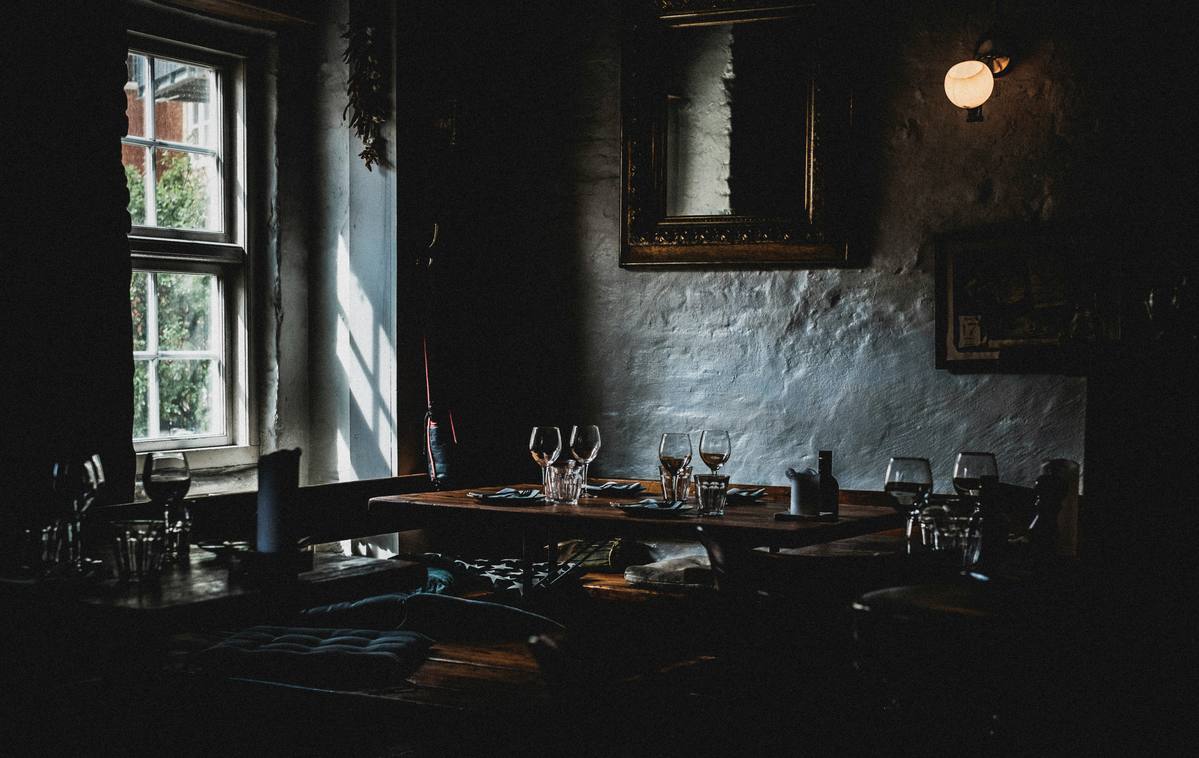Embark on the Journey of Starting Your Own Wine Bar Business
Embarking on the journey to open a wine bar is an exhilarating adventure filled with opportunities to share your passion for exquisite wines with fellow enthusiasts. The initial step involves diving deep into market research, understanding the preferences of your target demographic, and scouting the perfect location that resonates with class and accessibility. Crafting an inviting atmosphere that speaks volumes about your unique selection of wines is paramount. Furthermore, developing a robust business plan that outlines your vision, financial projections, and marketing strategies is critical for attracting investors or securing loans. Licensing and permits can be intricate; hence, meticulous attention is required to navigate this complex terrain smoothly. Emphasizing on creating a memorable customer experience will set your wine bar apart in the bustling hospitality industry.

Understanding the Market's Demand
Embarking on the journey of opening a wine bar comes with its set of unique challenges, much like venturing into any business. Understanding the market's demand stands as a cornerstone in this quest. It's not merely about having passion for wine; it's about gauging if your local community shares this passion to a profitable extent. This involves extensive research, from understanding demographics to recognizing wine consumption trends within your target area. How to start might seem daunting but knowing your market is your first sip towards success.
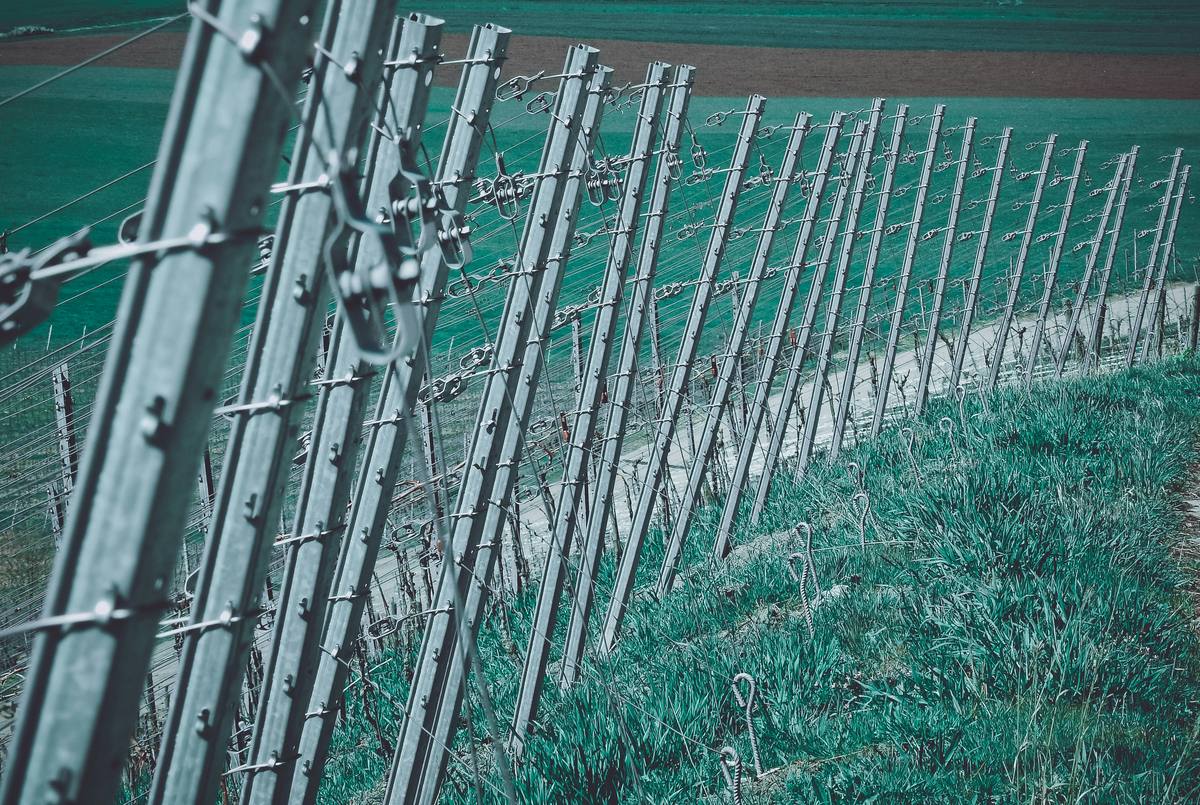
Navigating Legal Requirements
The maze of legal requirements is another hurdle that often intimidates aspiring wine bar owners. From obtaining the right licenses to understanding local zoning laws, the legal landscape can be complex and varies significantly from one location to another. It's critical to embark on this journey with thorough research or professional guidance. Ensuring compliance not only secures your business's foundation but also prevents costly penalties down the line. Remember, patience and diligence in fulfilling these prerequisites are key ingredients in how to start and sustain your wine bars business.

Creating a Unique Experience
In today's competitive market, creating a unique experience for your customers is more important than ever. Your wine bar shouldn't just be about selling wine; it should offer an unforgettable experience. Think ambiance, exclusive wine selections, educational events, or even integrating technology for interactive experiences. This uniqueness will not only attract customers but also foster loyalty among them. How to start on this front? Begin by envisioning the experience you want to offer and work backward.
Securing the Perfect Location
Finding the right location can be as challenging as choosing the perfect bottle of wine for a seasoned connoisseur. The ideal spot needs to balance visibility, accessibility, and affordability while resonating with your target demographic's preferences. High foot traffic areas near restaurants or entertainment venues are typically desirable yet come with higher costs. Negotiating lease terms can also prove intricate for those unfamiliar with commercial real estate. Careful consideration and negotiation skills are paramount in securing a location that won't bleed your resources dry before opening day.
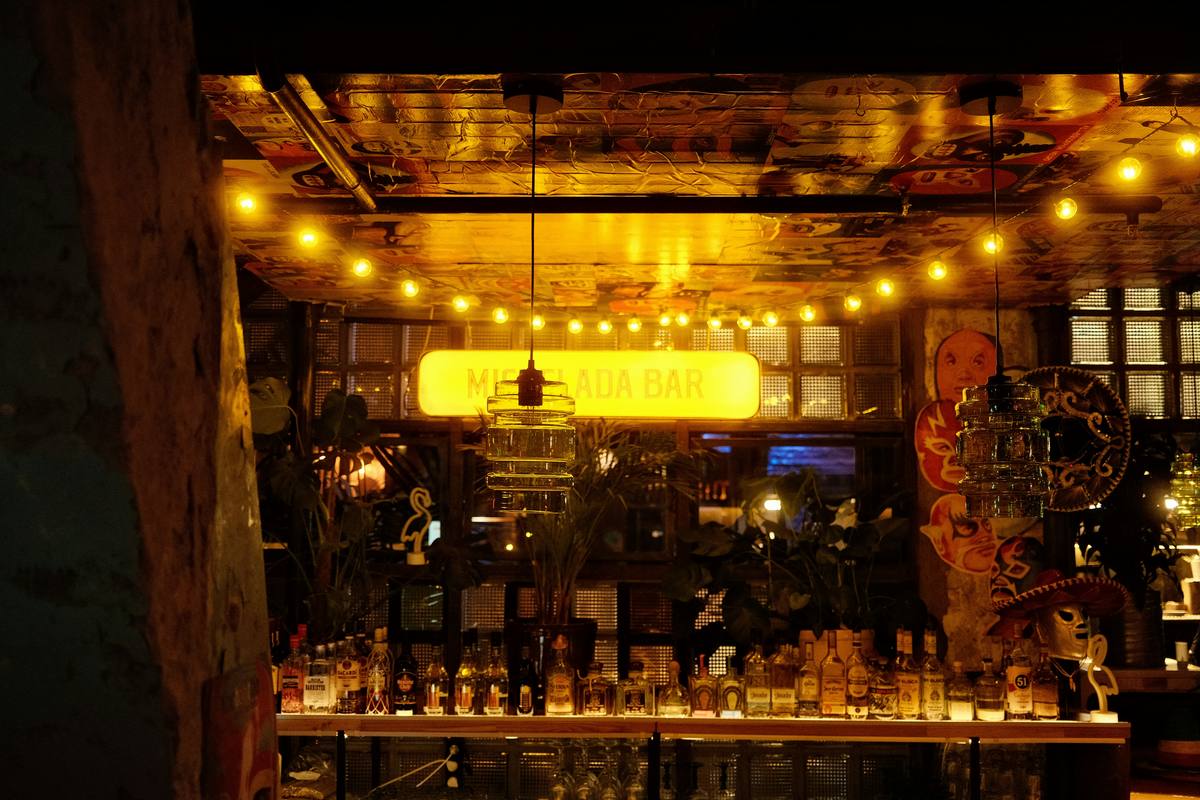
Building a Strong Brand Identity
Your brand identity does more than distinguish you from competitors; it communicates your bar's personality and values to potential customers. From logo design to interior aesthetics and even the tone of your marketing materials, every element plays a role in building this identity. A strong brand creates emotional connections and fosters customer loyalty, turning occasional visitors into regulars. Developing this identity requires introspection about what you want your wine bar to represent. How to start? Consider stories or themes that resonate with you and could form the cornerstone of your brand narrative.
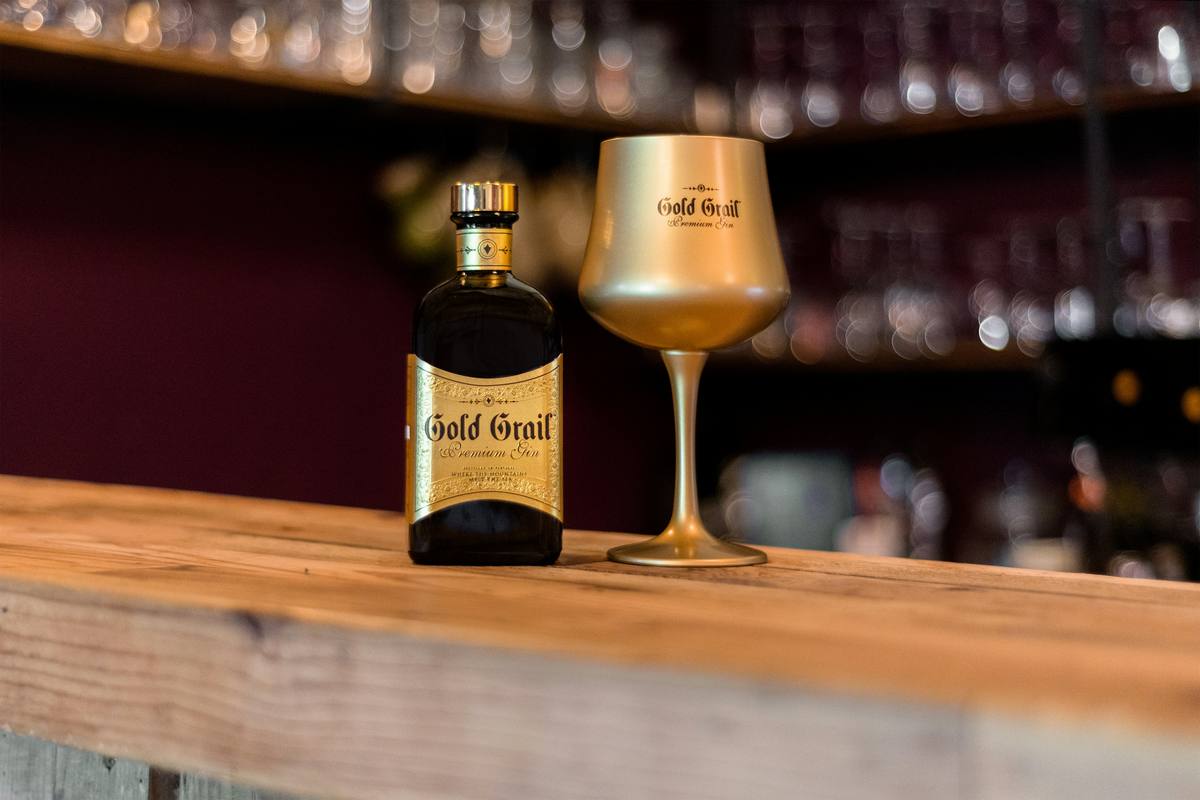
Boost campaigns with 250+ editable templates. Save, reuse, and wield design tools for business growth.
Try it for FREE!Curating an Exceptional Wine List
An exceptional wine list is the heart of any successful wine bar, enticing connoisseurs and casual drinkers alike. This entails more than just stocking popular labels; it involves curating a selection that reflects both quality and variety catering to diverse palates. Balance is key -- offering both familiar names and unique finds that intrigue and educate your clientele. Moreover, building relationships with suppliers can ensure access to exclusives and limited-edition bottles enhancing your offerings' appeal. Thoughtfulness in how to start curating will set the tone for your establishment's reputation among wine enthusiasts.
Focusing on Customer Engagement
Engaging with customers goes beyond providing excellent service during their visit; it extends to building relationships that endure outside your establishment's walls. Social media platforms offer invaluable tools for maintaining these connections through updates, educational content about wine, or behind-the-scenes glimpses into your operations. Events such as tastings or pairing dinners can also foster community among patrons, encouraging repeat visits. Personalized experiences contribute significantly towards customer satisfaction and retention--a goal every business strives towards. Starting these engagement efforts early can seed a loyal community even before you open doors.
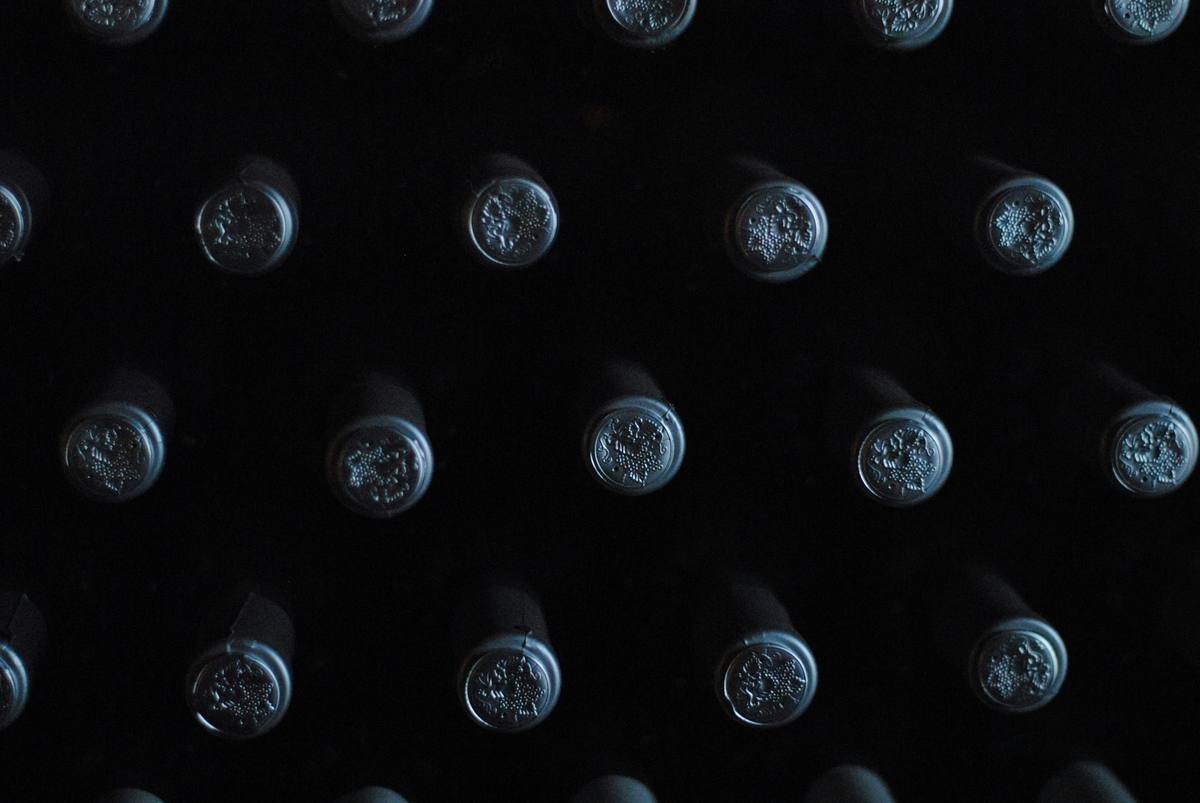
Leveraging Design Tools like Desygner
In today's digital age, leveraging online design tools has become essential for businesses looking to carve out their niche efficiently and effectively. Desygner emerges as a notable ally in this arena, empowering owners with user-friendly interfaces to create captivating marketing materials, from flyers announcing grand openings to social media posts fostering brand identity. Its utility extends beyond mere aesthetics; it helps streamline branding efforts consistently across various platforms without needing hefty investments in professional designers. Engaging visuals created with such tools can significantly boost your marketing strategy's impact--crucial when elucidating how to start marking your presence in the competitive landscape of wine bars.
Concluding Thoughts on Starting Your Wine Bar Venture
In wrapping up our detailed guide on how to start a wine bars business, it's essential to reflect on the journey ahead. Embarking on this adventure requires thoughtful planning, passion for wine, and a commitment to creating memorable experiences for your patrons. The process may seem daunting at first, but with the right mindset and resources, your wine bar can flourish into a beloved local spot.
Key to your success will be your ability to adapt and innovate. The wine industry is ever-evolving, and staying abreast of trends will help you curate a selection that appeals to both connoisseurs and casual enthusiasts alike. Equally important is crafting an ambiance that speaks to the unique character of your brand, making every visit an experience in its own right.
- Create a comprehensive business plan focused on sustainability and growth.
- Select a prime location that attracts your target demographic.
- Cultivate relationships with wine distributors and local producers.
- Invest in professional training for your staff to enhance customer service.
- Implement innovative marketing strategies to build your brand presence.
- Use social media platforms to engage with your community and promote events.
- Continuously update your wine list to keep it exciting and diverse.
- Leverage tools like Desygner for designing eye-catching promotional materials.
In conclusion, starting a wine bar is not just about serving great wines; it's about creating a space where people can come together, share stories, and make memories. With dedication, careful planning, and a touch of creativity, you can build a thriving business that stands the test of time. Remember to utilize versatile resources such as Desygner for all your design needs along the way.
Ready to turn your dream into reality? Start planning your wine bar today with Desygner!


